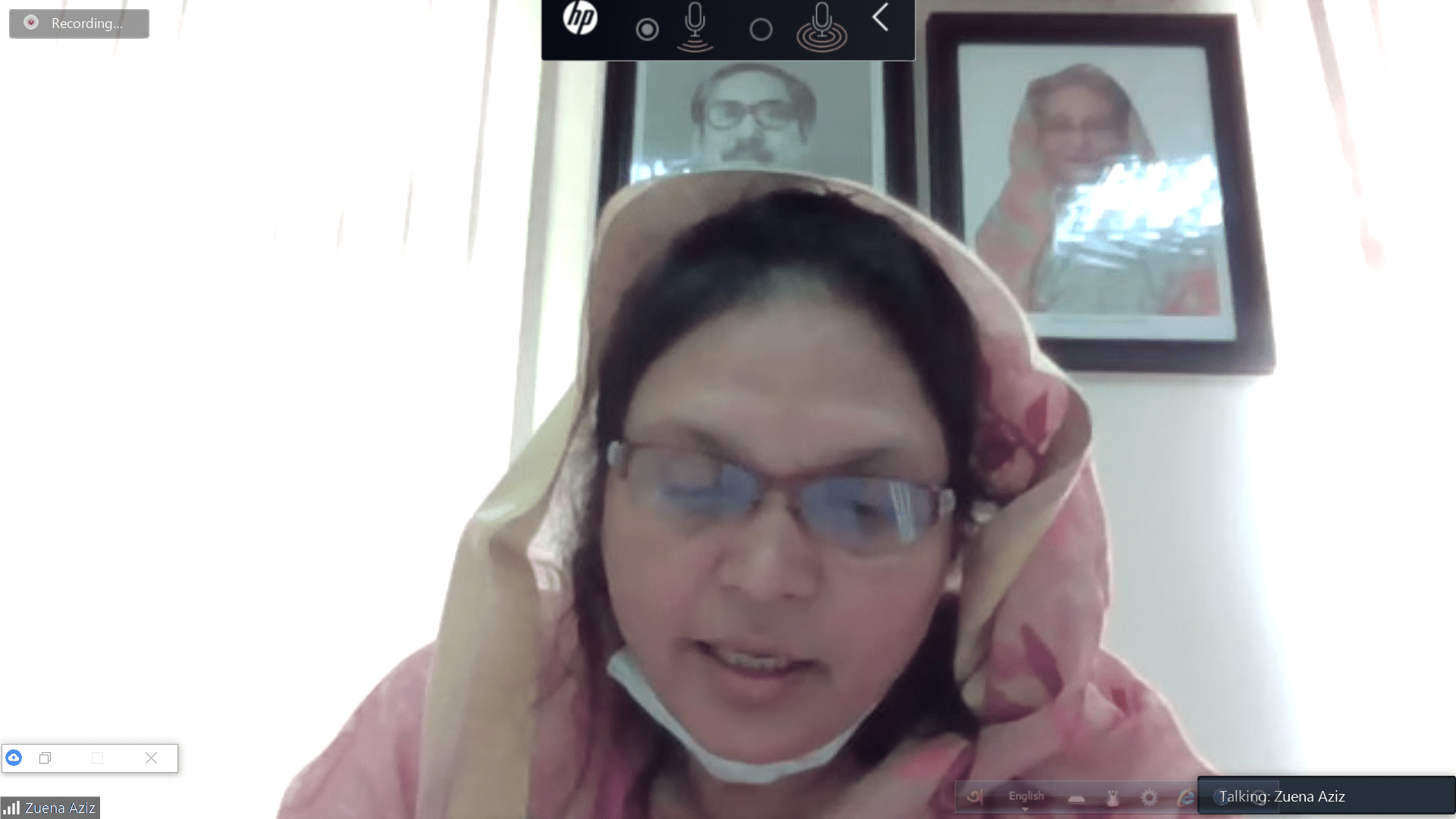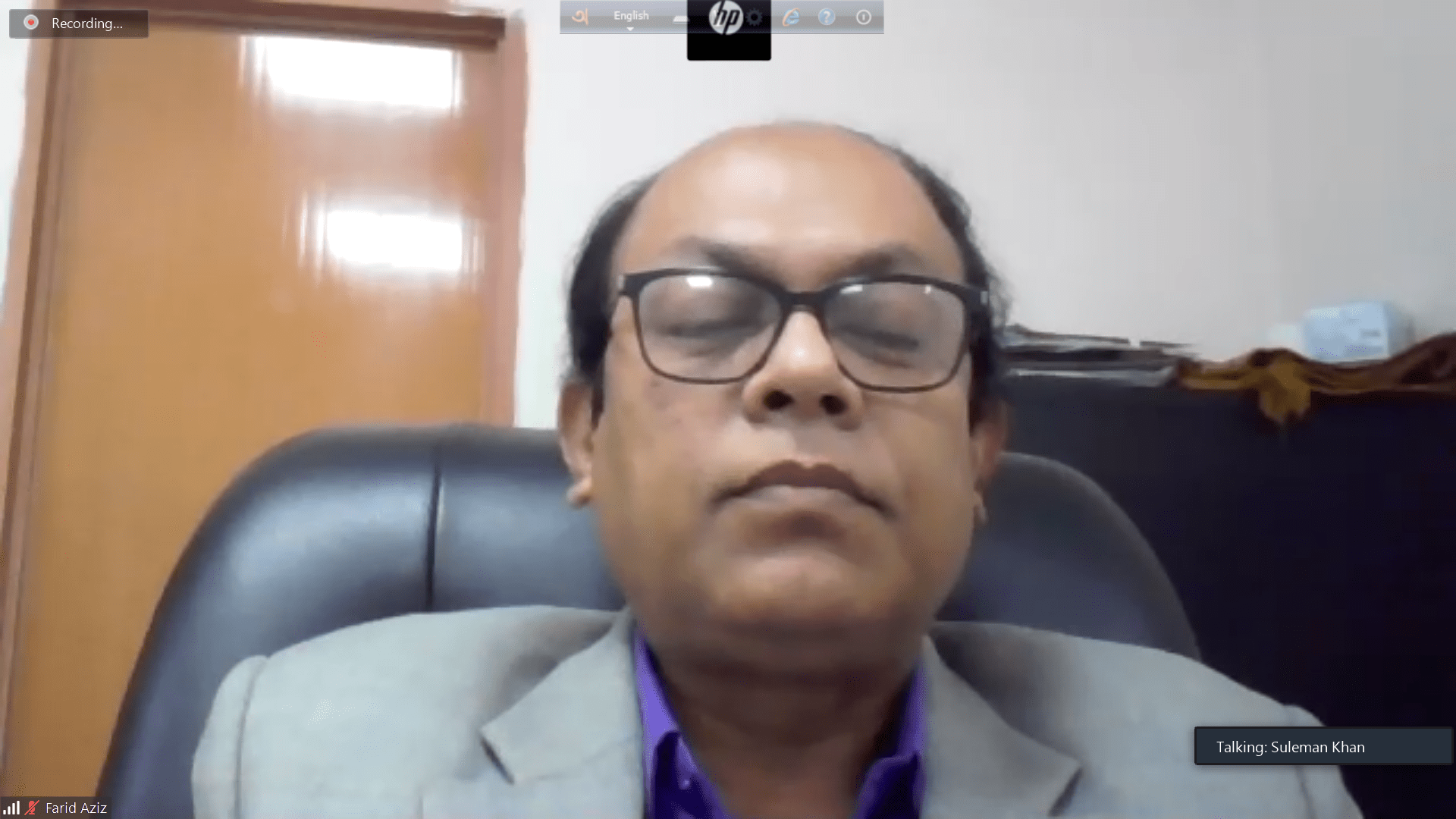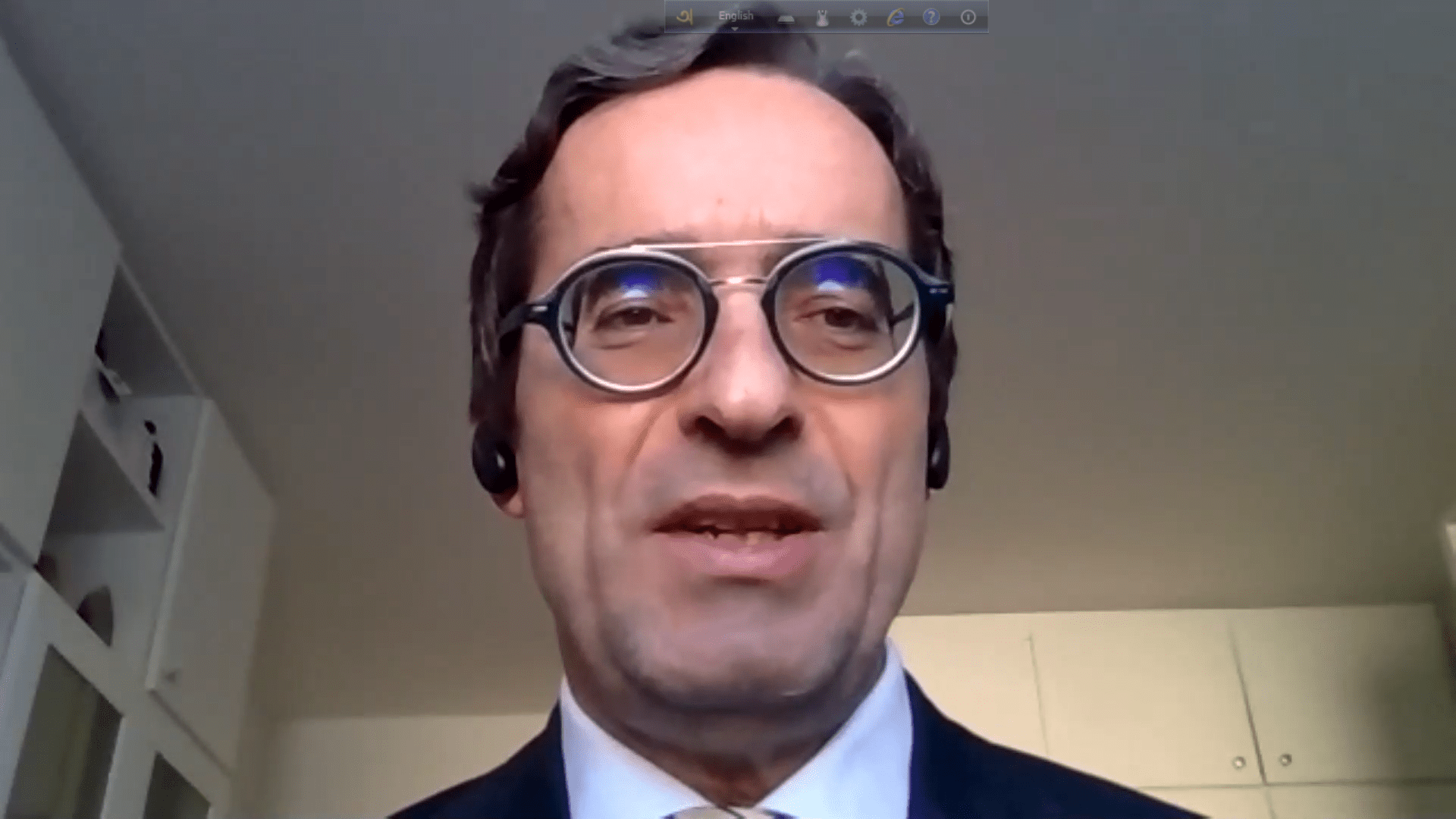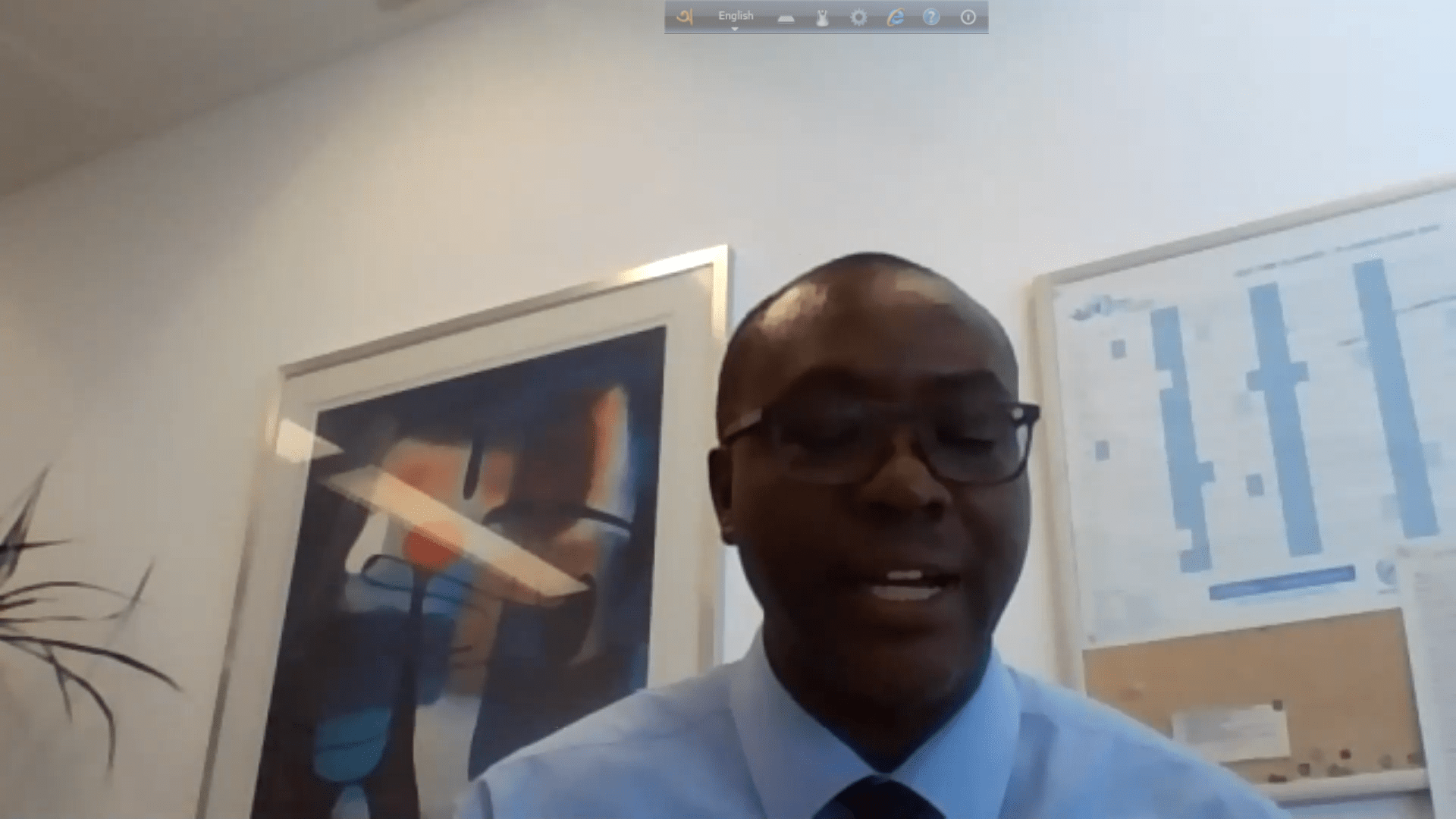Bangladesh should integrate the LDC graduation issue into its national development strategies to ensure graduation with momentum, speakers said at an online workshop recently.
The country also needs to diversify its export basket and increase its domestic resource mobilization to prepare for the upcoming graduation, the stakeholders said.
Their observations came at an online workshop organized to review and validate the Vulnerability Profile of Bangladesh prepared by United Nations Conference on Trade and Development (UNCTAD) as part of the country’s LDC graduation process.
Support to Sustainable Graduation Project (SSGP) of ERD organized the workshop in collaboration with UNCTAD.
Bangladesh met all the criteria for graduating from the Least Developed Country (LDC) status for the first time during the triennial review of the Committee for Development Policy (CDP) of the United Nations back in March 2018.
According to the UN rules, for graduation from the LDC status, a country needs to meet the graduation criteria in two consecutive triennial reviews of the CDP. The next review is scheduled to be held in February 2021.
In the current trend, the country is expected to meet the graduation criteria again during the upcoming CDP triennial review in February 2021.
Once a country meets the criteria for graduation for the first time, UNCTAD is mandated to prepare a vulnerability profile on the identified country which is to be considered by the Committee for Development Policy at its subsequent triennial review.
Subsequently, UNCTAD prepared a draft vulnerability profile on Bangladesh and shared it with the Government of Bangladesh. In this context, the workshop was organized to review and analyze this draft Vulnerability Profile.
Principal Coordinator (SDG) of the Prime Minister’s Office & Chairperson, National Task Force on LDC Graduation issues Ms. Zuena Aziz graced the occasion as the Chief Guest while UN Resident Coordinator in Bangladesh Ms. Mia Seppo and the President of FBCCI Mr. Sheikh Fazle Fahim were present as Special Guests.
Respected ERD Secretary Ms. Fatima Yasmin chaired the opening session of the workshop. Senior Secretary of the Ministry of Foreign Affairs Mr. Masud Bin Momen was the Guest of Honour of the closing session of the workshop.
Former ERD Secretary and National Project Manager of SSGP Mr. Monowar Ahmed moderated the first working session of the workshop while the Secretary of the Ministry of Commerce Dr. Md. Jafar Uddin moderated the second session.
Mr. Giovanni Valensisi from the LDC Section of UNCTAD delivered a presentation on ‘Structural transformation and lingering sources of vulnerability’. Chief of LDC Section of UNCTAD Mr. Rolf Traeger delivered a presentation on ‘Implications of graduation and the roadmap towards and beyond Bangladesh’s graduation’.
President of Bangladesh Garment Manufacturers and Exporters Association (BGMEA) Ms. Rubana Haque, Permanent Representative of Bangladesh to the UN Offices and other International Organizations in Geneva Mr. Md. Mustafizur Rahman, Director of the Division for Africa and LDCs in UNCTAD Mr. Paul Akiwumi, Adviser of FBCCI Ambassador (Retd.) Mr. Md Abdul Hannan, Director of BGMEA and Professor of IBA of Dhaka University Mohammad Abdul Momen and Senior Director of BRAC Mr. KAM Morshed, among others, spoke during the event.
High level representatives from the line ministries, relevant government agencies, private sector bodies as well as civil society organizations and academia participated in the workshop.
UNCTAD officials observed that although Bangladesh is approaching LDC graduation on the back of sustained economic progress and strong political will– there is no space for complacency especially considering the impact of COVID-19 pandemic and climate change.
They also said that graduation with momentum would require anchoring this milestone within the national development strategies including a smooth transition strategy.
They also put emphasis on the diversification of the country’s export base—both in terms of product range and markets.
At the same time, Bangladesh would also need to do more to better exploit the opportunities of deeper regional integration in terms of trade—they said.
In the context of the global economic slowdown induced by COVID-19, the workshop also called for continued access to international support measures for the graduating LDCs like Bangladesh for an extended period of time.
Speakers at the workshop also identified climate change as a major challenge for Bangladesh in the post-graduation era.
It was noted that although Bangladesh had historically contributed little to global greenhouse gas emission– the country is disproportionately affected by the consequences of this phenomenon.
However, it was also observed that current architecture for financing climate change mitigation and adaptation has major deficiencies and there is clearly a need to make existing climate financing schemes (Such as LDC Fund) much more effective.
They also called for finding ways for countries like Bangladesh to have improved access to these mechanisms to help Bangladesh introduce renewable energy technologies and build resilience to climate change. However, they also noted that making it a reality would require international collaboration, cooperation and support.
They also put emphasis on increasing the domestic resource mobilization– particularly through increased digitalization of national tax and VAT system to prepare for the upcoming graduation, experts said.
Workshop participants also pointed out that the international enabling environment should be designed to support Bangladesh in enhancing its capacity in terms of domestic resource mobilization, technology transfer, development of technological capabilities, catalytic investment promotion and the articulation of both linkages between firms and sectors.
UNCTAD high officials appreciated that government agencies and other relevant stakeholders in Bangladesh had taken a uniform stance regarding smooth and sustainable graduation. They also said that Bangladesh’s experience regarding graduation can offer valuable lessons for other LDCs.














